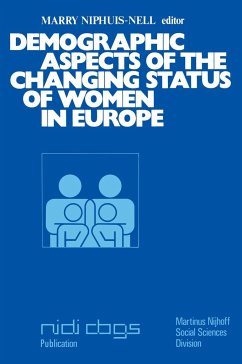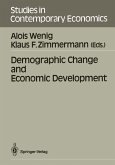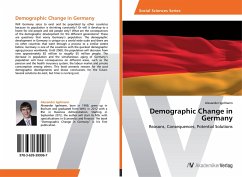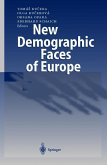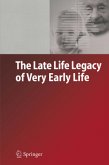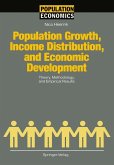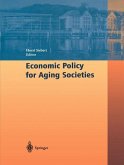A few years aga the European Centre for Population Studies took the initiative in organizing a regular series of seminars which had the study of the demographie situation in Europe as goal. The First European Population Seminar took place in September of World Population Year 1974 in Karpacz, Poland and had as its topic "Urbanization and Population Growth in Europe" . A grant from the United Nations Fund for Population Aetivities made organizing this first seminar possible. In December 1976 the Seeond European Population Seminar was held in the Hague, The Netherlands. The ehoiee of topie for this seminar was a eombination of themes from the World Population Year 1974 and the International Women' s Year 1975. In both the World Population Plan as adopted at the World Population Conferenee in Bucharest and the World Plan of Action of the World Conferenee of the International Women's Year in Mexieo City, one finds the point of departure that a relation exists between demographie phenomena and the status of women. The subjeet of the seeond seminar was therefore formulated as: "Demographie Aspeets of the Changing Status of Women in Europe" . The Netherlands Demographie Soeiety, the Belgian Demographie Soeiety (Duteh-speaking seetionl and the European Centre for Population Studies ae ted as organizers, while two Duteh and one Belgian ministry provided subsidies. Finally, the institutional support of the Netherlands Interuniversity Demographie Soeiety and the Nether1ands Central Bureau of Statisties simplified organizing the seminar a great deal.

